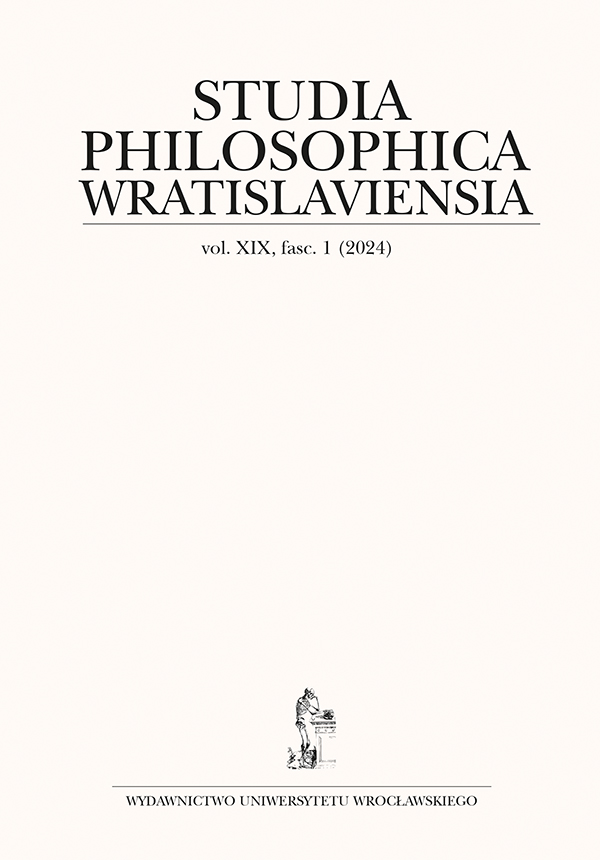

Artykuły

There are two dimensions of the concept of privacy, the first of which is to limit people’s sexual orientation and, in this direction, to be in a cautious relationship with both their own body and other people’s bodies, and the second is shaped around the meaning of “confidentiality” and today we come across the conceptualizations of privacy of personal or private life. The originality of the concept of privacy in Islamic thought, in which both dimensions are particularly emphasized, is related to the semantic implications that religious thought in general and Islamic thought in particular have brought to the concept of privacy. Because, just like the concepts of modesty and chastity, the concept of privacy, with both theoretical and practical implications, is related to meeting the true meaning of being human. Because, in terms of Islamic thought, privacy is related to man’s management and administration of everything that is entrusted to him as a trust, including his body, with the awareness of being in the presence of the Owner of knowledge, property and order, in line with his lofty purposes.
Çağrıcı M., Hayâ, [w:] Turkiye Diyanet Vakfı Islam Ansiklopedisi, Istanbul 1997, t. 16, s. 554–555.
Çağrıcı M., İffet, [w:] Turkiye Diyanet Vakfı Islam Ansiklopedisi, Istanbul 2000, t. 21, s. 506–507.
Garaudy R., İslam ve modernite, tłum. C. Aydın, Istanbul 1996.
Giddens A., Mahremiyetin dönüşümü, tłum. İ. Şahin, Istanbul 2010.
Özel İ., Tahrir vazifeleri vii, Istanbul 1993.
Schumacher E.F., Aklı karışıklar için kılavuz, tłum. M. Özel, Istanbul 2016.
Strauss L., Platon’un politik felsefesi savunma, t. 1, tłum. Ö. Orhan, Istanbul 2018.